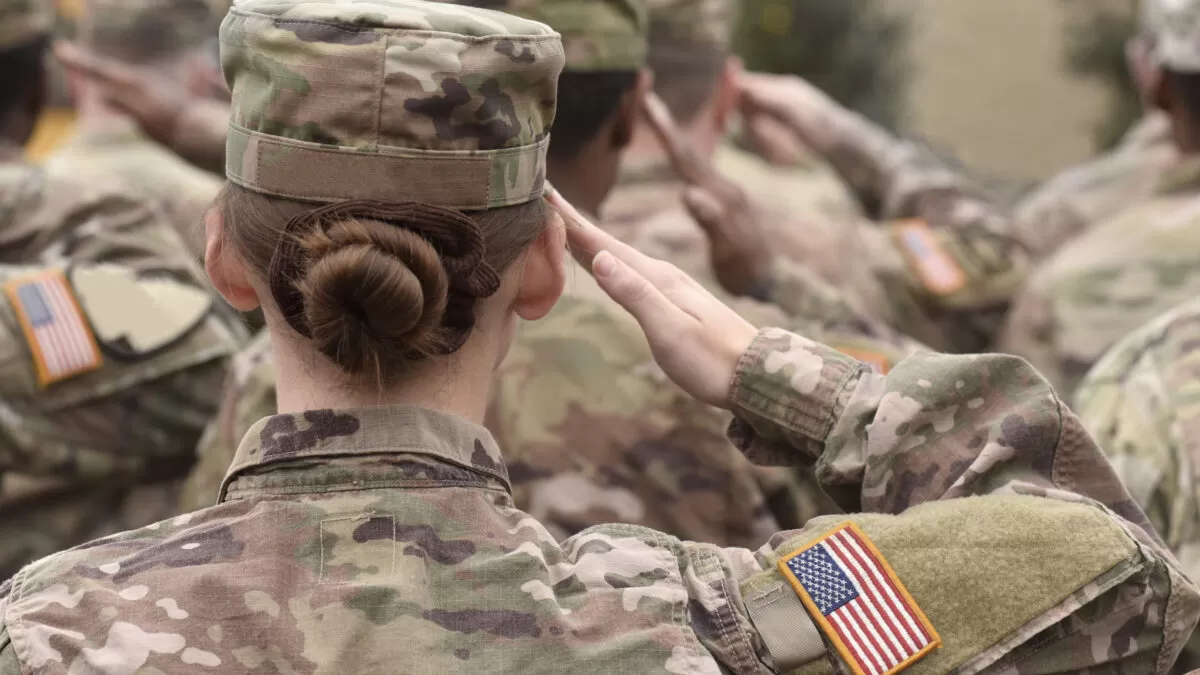On Friday, the House of Representatives approved a bill to automatically enlist men aged 18 to 26 into the Selective Service. This bill is part of the annual National Defense Authorization Act (NDAA), which outlines military and national security objectives for the next fiscal year.
The History and Legal Requirements of the Draft
The draft has not been enforced for over fifty years. However, all male U.S. citizens must register for the Selective Service at 18. Non-compliance is a felony and can lead to legal complications. Supporters of the bill believe it will streamline processes, prevent legal issues, and save taxpayer money by reducing prosecutions.
Representative Chrissy Houlahan, a Democrat from Pennsylvania, led the amendment. It passed the House Armed Services Committee’s NDAA version in May with a vote of 57 to 1. Houlahan argued that using existing federal databases for Selective Service registration would ensure a fair and equitable draft if needed. She also noted that this approach would allow resources to be reallocated toward readiness and mobilization instead of registration campaigns.
Additional Provisions in the NDAA
The NDAA includes provisions for the largest military pay raise in history. Junior enlisted troops will receive a 19.5% increase, while others get a 4.5% hike. It also allocates funds for two new Virginia-class submarines and establishes a drone force within the U.S. Army, among other provisions.
The NDAA passed the House with a 217 to 199 vote but is expected to face resistance in the Senate. Senate Majority Leader Chuck Schumer, a Democrat from New York, criticized the bill on Friday. He objected to amendments that limit funding for abortion, transgender healthcare, and diversity initiatives. Schumer called the bill divisive and unlikely to pass the Senate. He stated, “As we move forward with this year’s NDAA process, both sides will have to work together to pass bipartisan legislation that honors and respects all who serve in defense of our nation.”




















